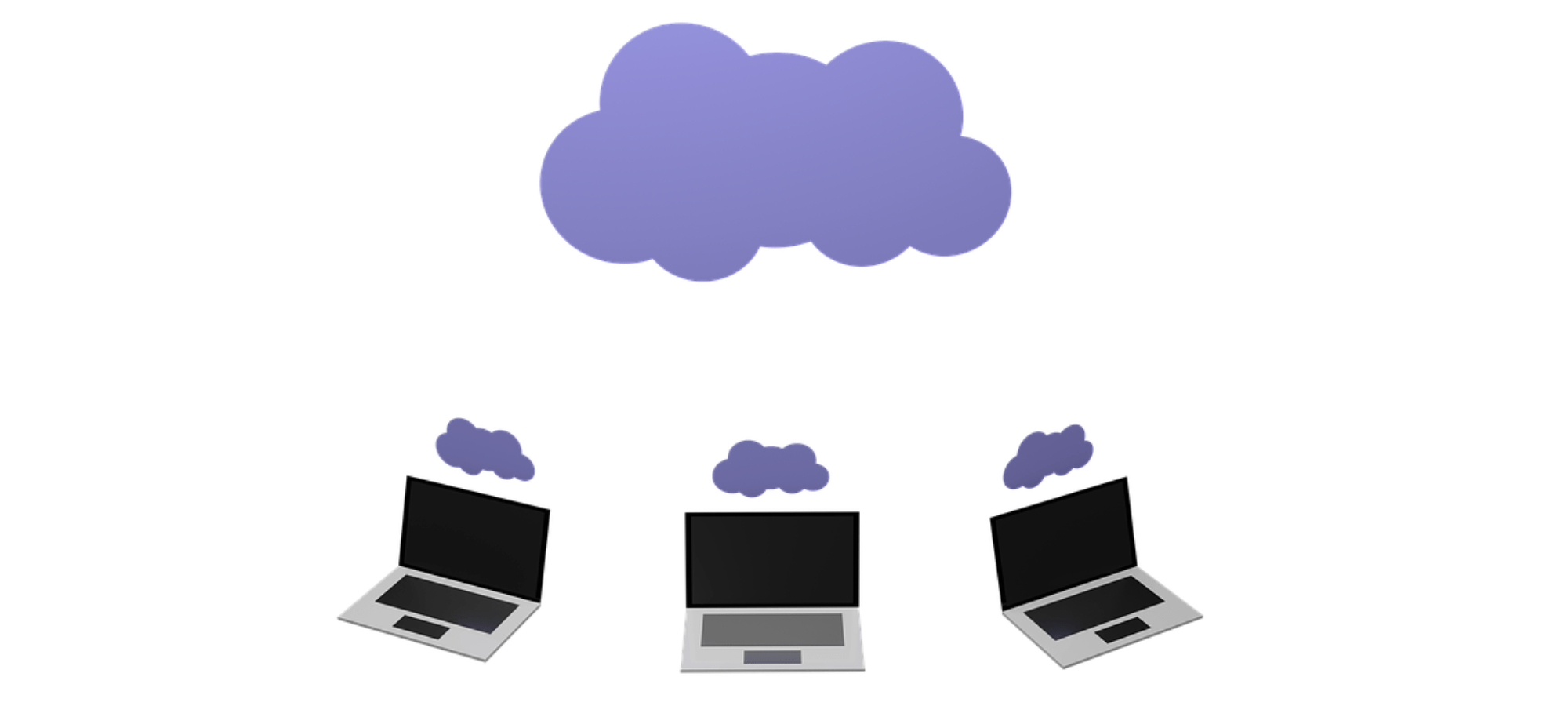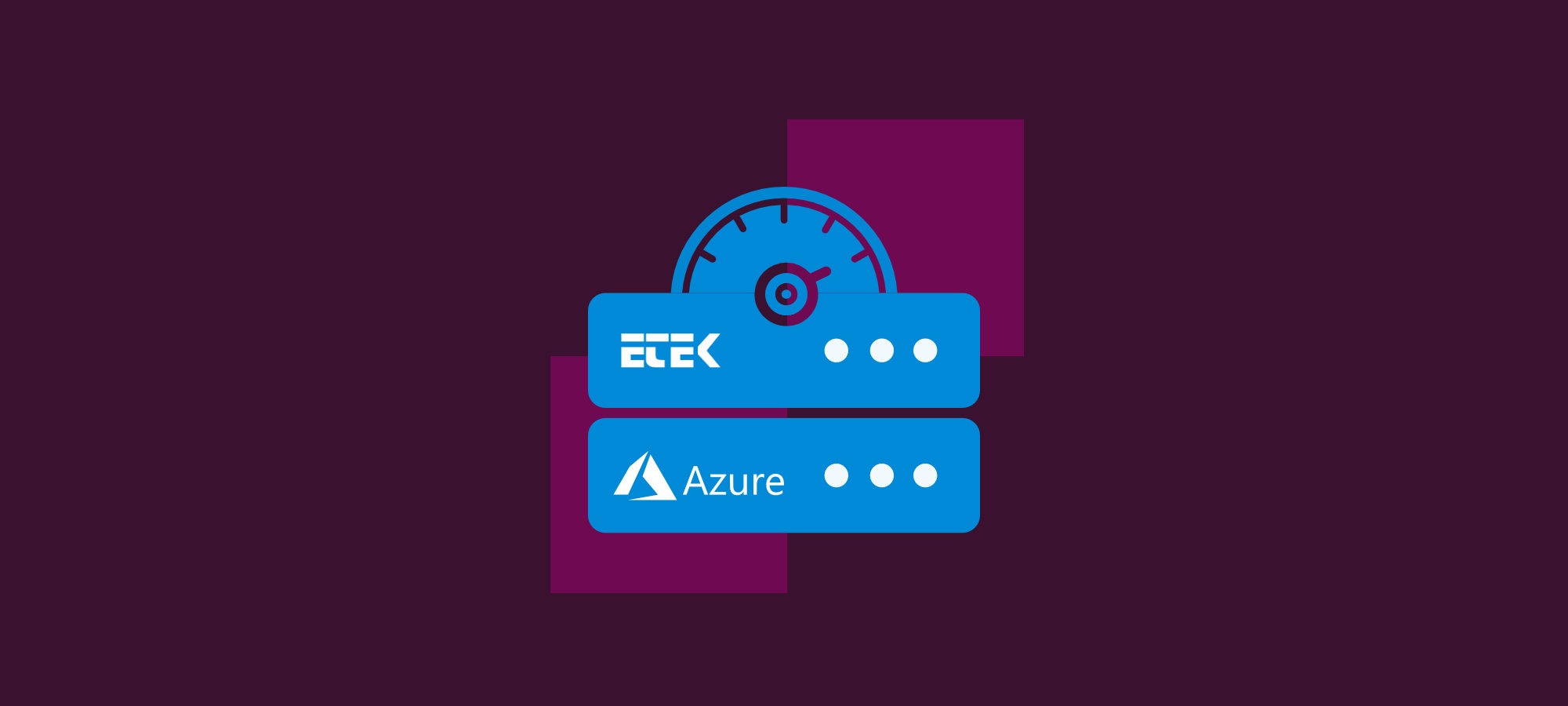Organizations of all sizes worldwide have been moving their data warehouses to the cloud. Data modernization has seen a significant upsurge, with Gartner predicting 75% of databases to be migrated or deployed on the cloud by 2022. This upward trend is set to bring new services that run on the cloud infrastructure and become the new platform for data management.
Modernizing legacy data warehouses by moving to the cloud involves upfront investment of resources as well as time. Organizations must look for strategic approaches for streamlining the data modernization process while identifying and mitigating underlying challenges. They must also follow key best practices for leveraging the benefits of data warehousing on the cloud to achieve expected results effectively.
Key Challenges Associated with Data Warehousing on the Cloud
The cloud has become a highly reliable deployment option for applications of organizations. Being a robust platform for business intelligence, the cloud helps organizations reduce the TCO, boost agility, and enhance scalability. However, several organizations are reluctant to the cloud due to concerns regarding protection of sensitive information. It is a common demand among organizations that migrating data warehouses to the cloud must not only be seamless but also ensure addressing security needs.
Organizations must define their requirements well to come up with a holistic solution for either encrypting their data or building a hybrid strategy for their data warehouse. Few challenges related to data warehousing on the cloud are described below.
- Cost is one of the major challenges, as the migration process can be cost-intensive in case heavy investments are made in enhancing the existing infrastructure. However, these issues can be mitigated through a clear understanding of the upgrades needed for workloads & applications in the existing infrastructure.
- Moving voluminous data from the on-premise data center (DC) to the cloud brings challenges related to time-intensive ingestion process, cost, and bandwidth. For cost optimization, organizations must plan their migration journey with the upgrade cycle of their infrastructure.
- Identification of data that must be migrated to the cloud also remains a key concern. Security and compliance remain imperative areas to consider as they can hinder movement of the data to the cloud environment. In some cases, key parts of data cannot be migrated to the cloud and must be secured on-premise.
Best Practices for Data Warehousing on the Cloud
Following are some of the best practices that can be adhered by organizations for effectively moving their data warehouse to the cloud.
- Improvement Along With Migration: It is necessary that organizations remediate the issues related to metadata, data modeling, and quality before migrating their data warehouse. This is primarily to avoid entailing issues of their old environment to the cloud platform. Improving the data is of high importance in the process of data management during the migration process.
- Identifying The Right Migration Strategy: Organizations must consider that lift and shift of the data and old applications can bring inadequacies, due to differences between the old and new platforms in terms of performance, functionality, and interfaces. Developments are essential to platform-specific components, which include hand-coded routines, user-defined functions, and stored processes. In case the data warehouse being migrated involves exhaustive tasks, replatforming strategy can be highly effective for maximum performance on cloud environments.
- Contingency Plans: For preventing the possibilities of failure, organizations must segment their work phases and be ready for recovering from failures. Being hasty in unplugging old platforms can be problematic as they might be required for roll back. Based on the complexity and size of the data being migrated, the new and old platforms of the data warehouse will run simultaneously both on the cloud and on-premises.
- Pilot Phase: Organizations must concentrate on the initial phase of their data subsets during replatforming for a successful data migration. It is necessary that they prioritize early stages of data migration where all user groups are kept in confidence for demonstrating technical strength and adding business value. The complicated stages of the data migration must be kept for later.
- Staggered Approach: Possibilities of failure are high in large-sized migration, as migrating and modernizing too much in haste brings complexity of deliverables. A migration strategy with multiple or segmented phases is less risky and accelerates achieving modernization objectives for organizations.
To Conclude
Migration of data warehouses to the cloud needs patience and forethought to realize significant outcomes. Organizations must select the right services for establishing robust policies and governing costs. A well-designed strategy and right services from CSPs will facilitate organizations in modernizing their data platforms to foster more agile and faster decision-making.





















